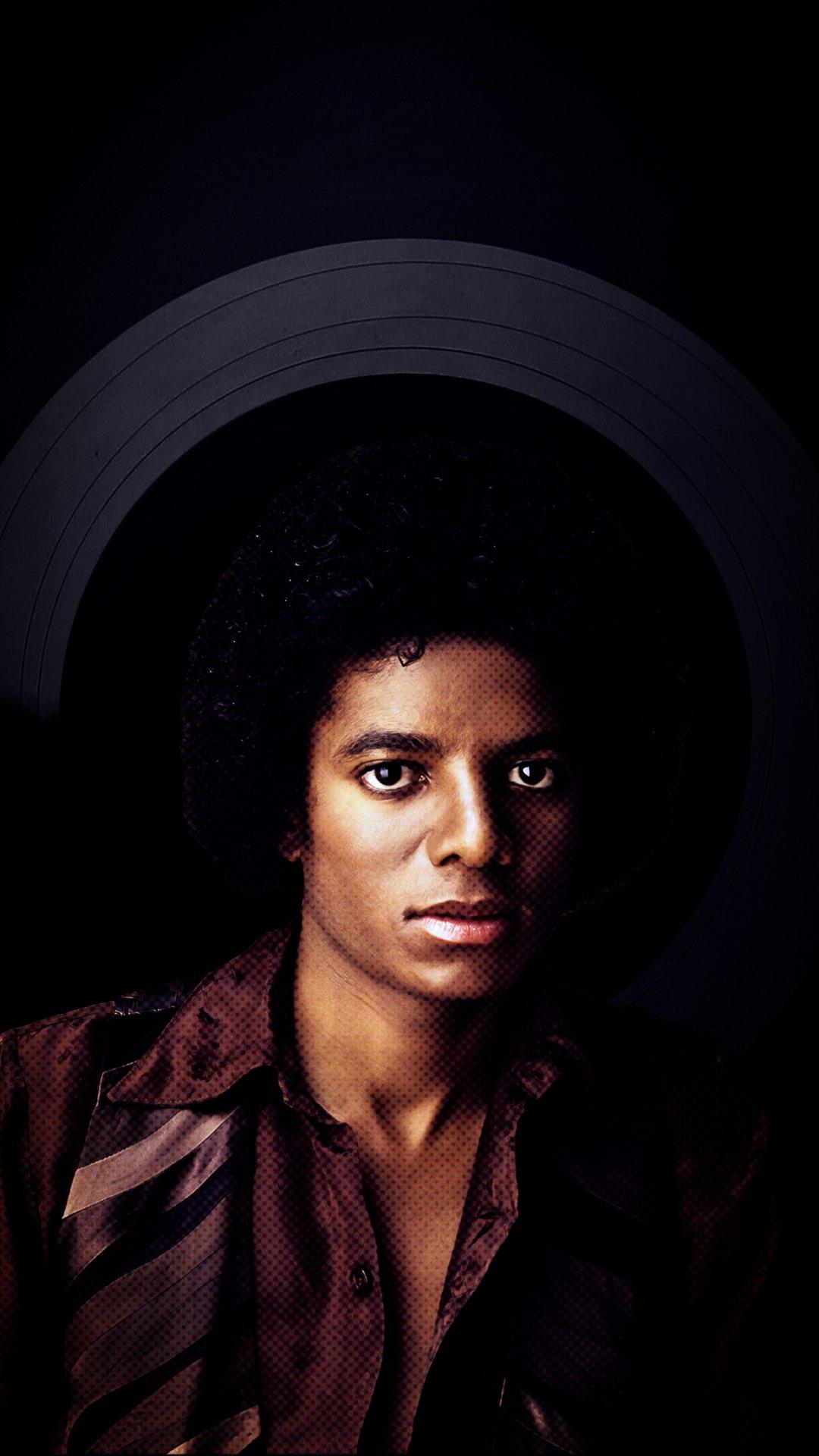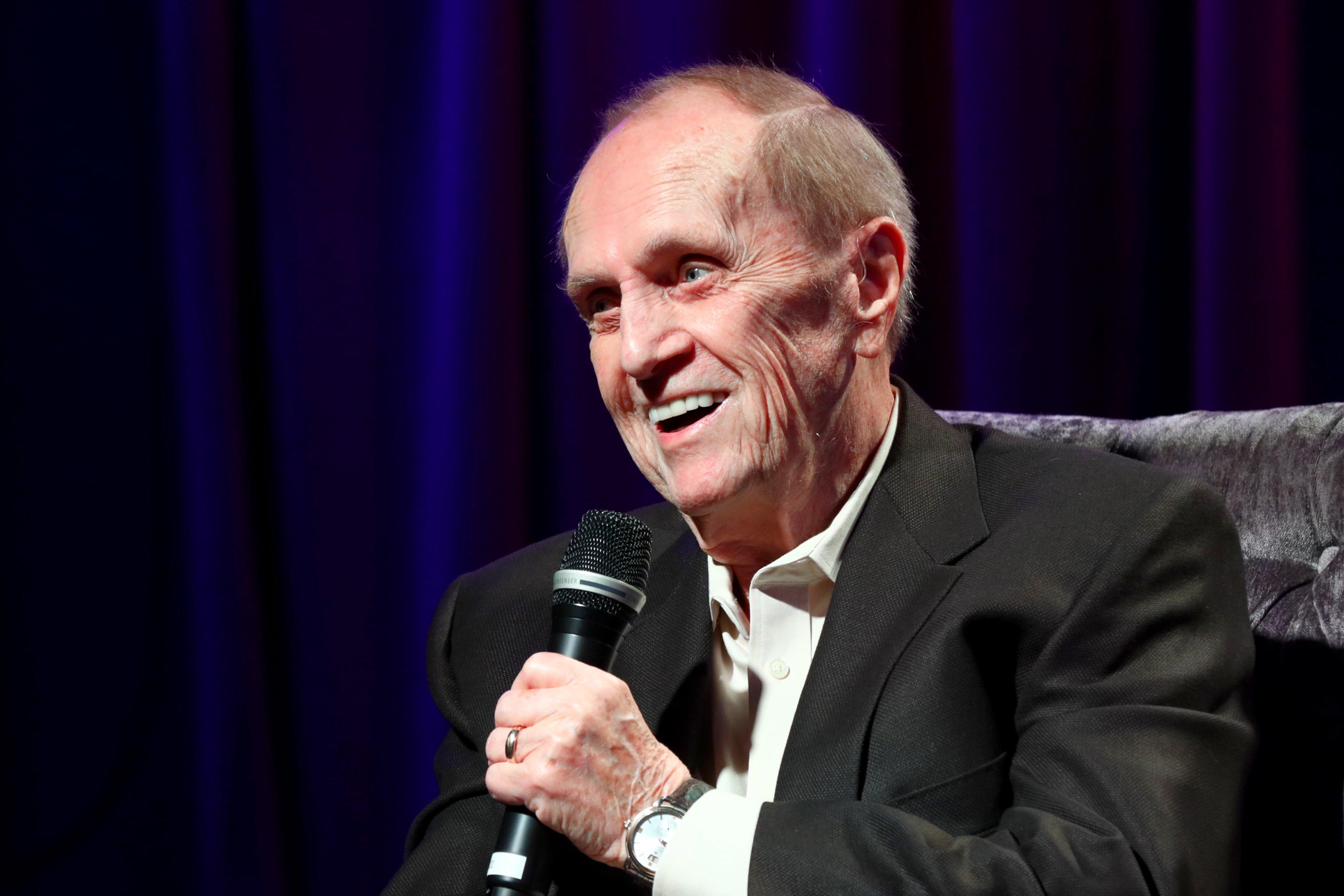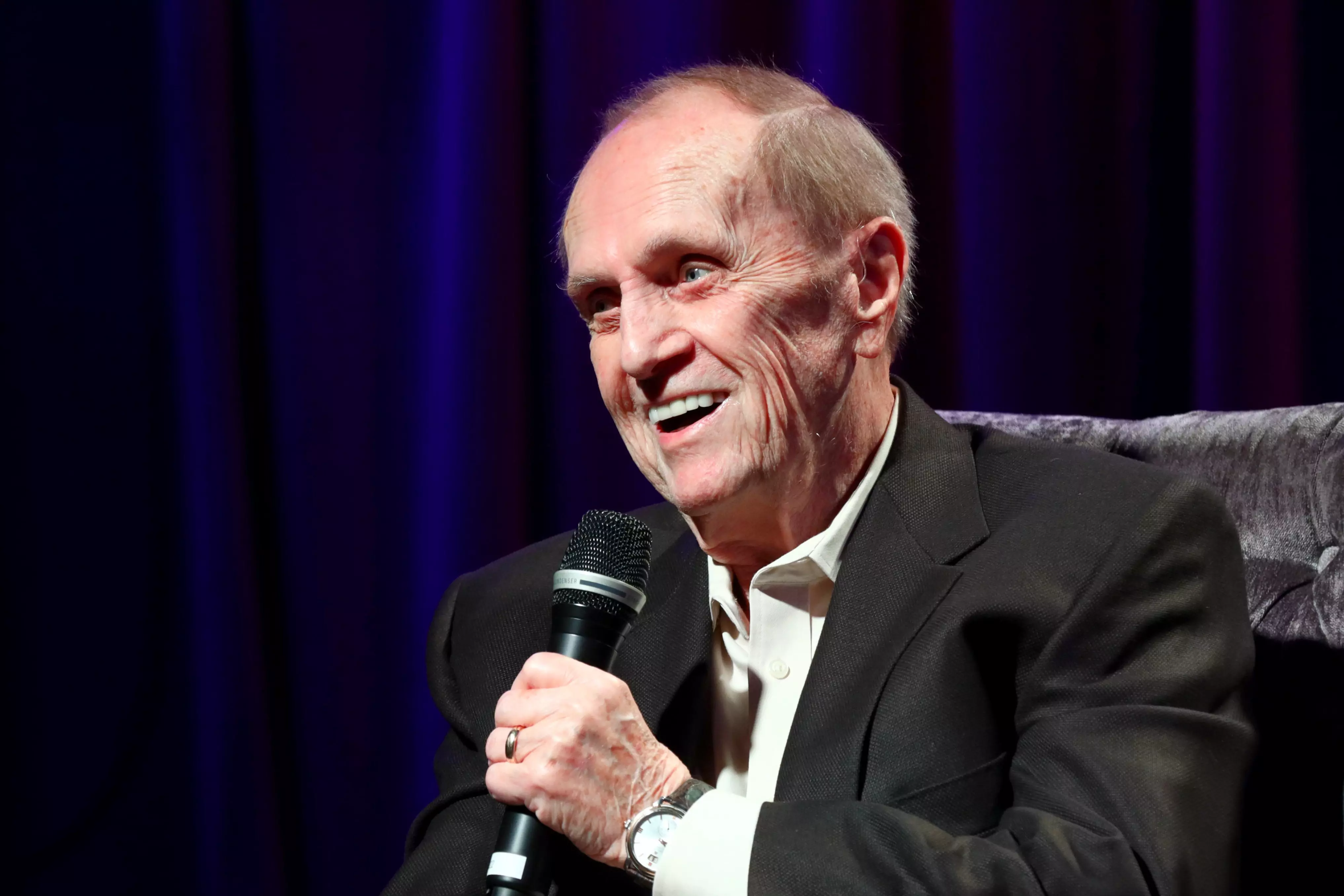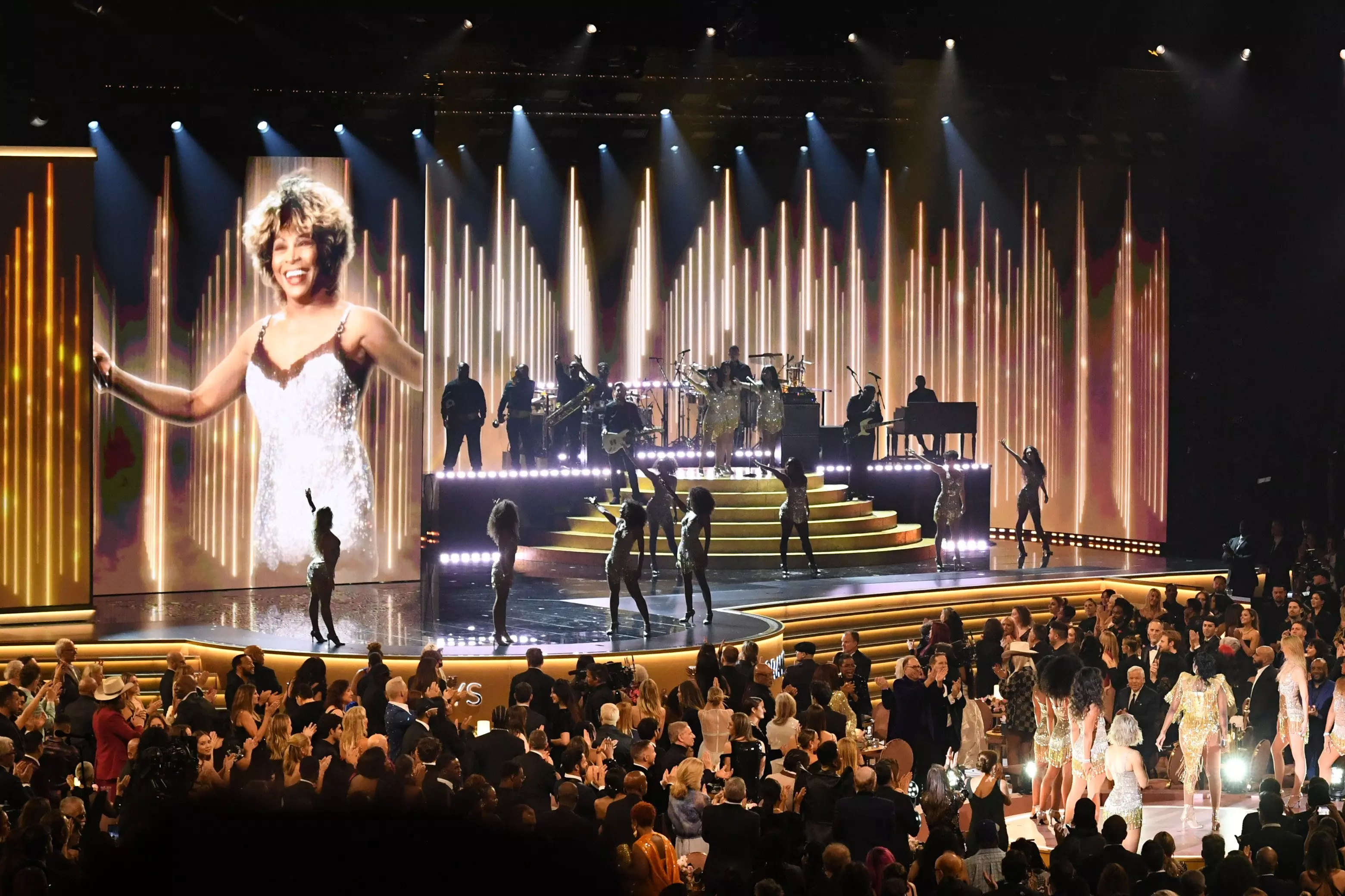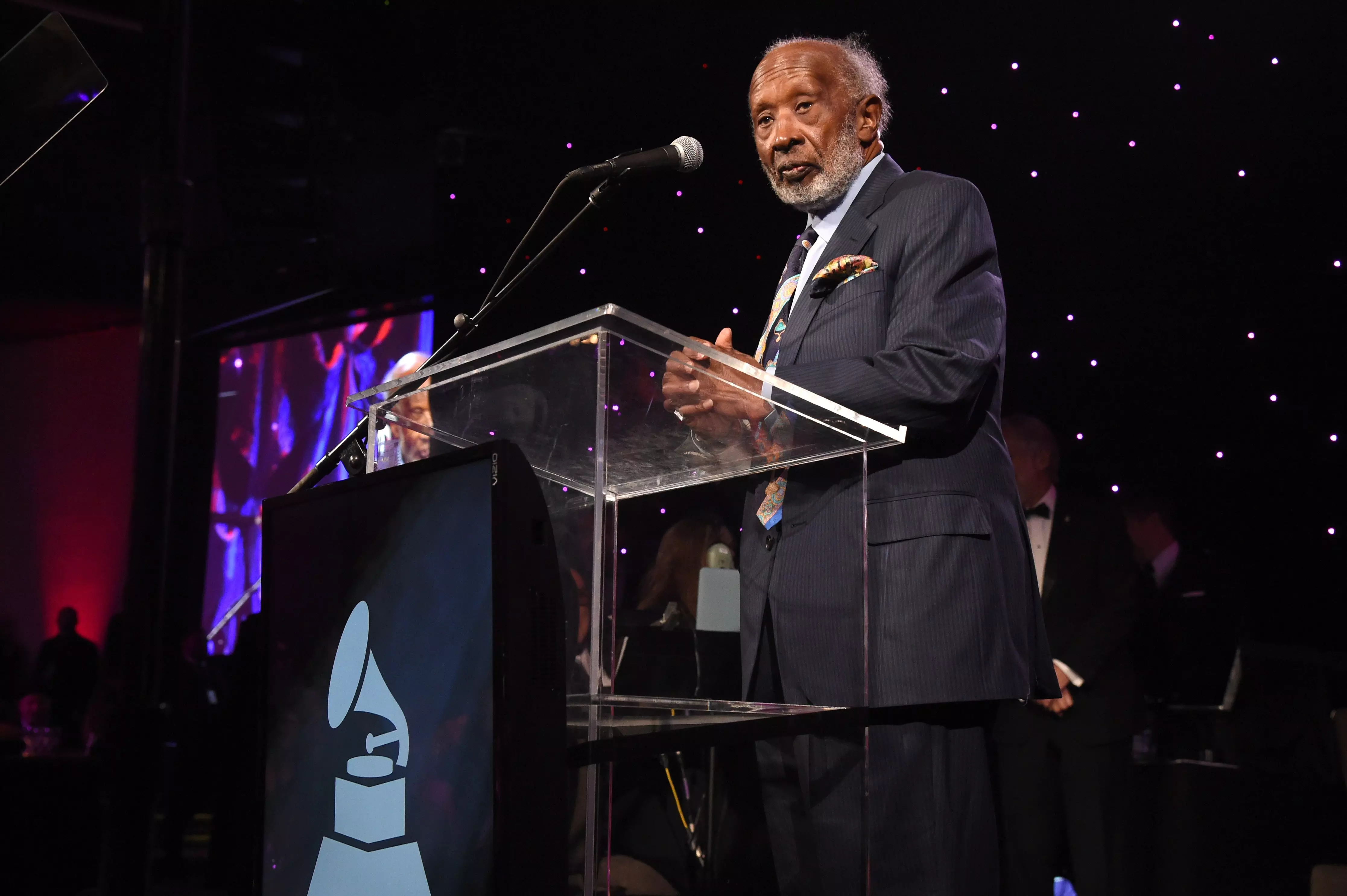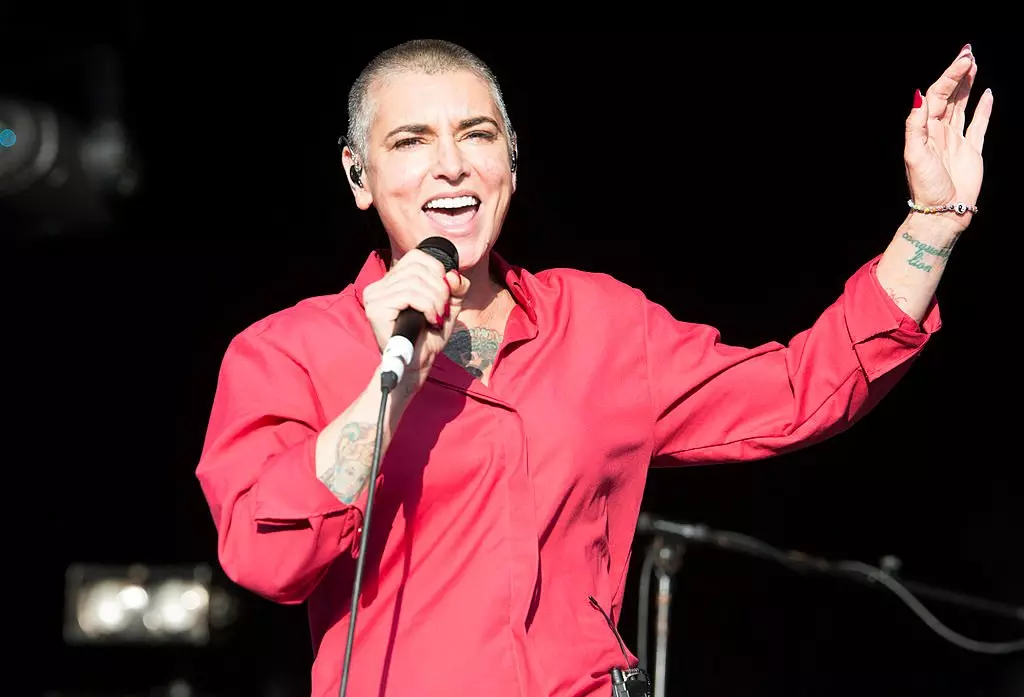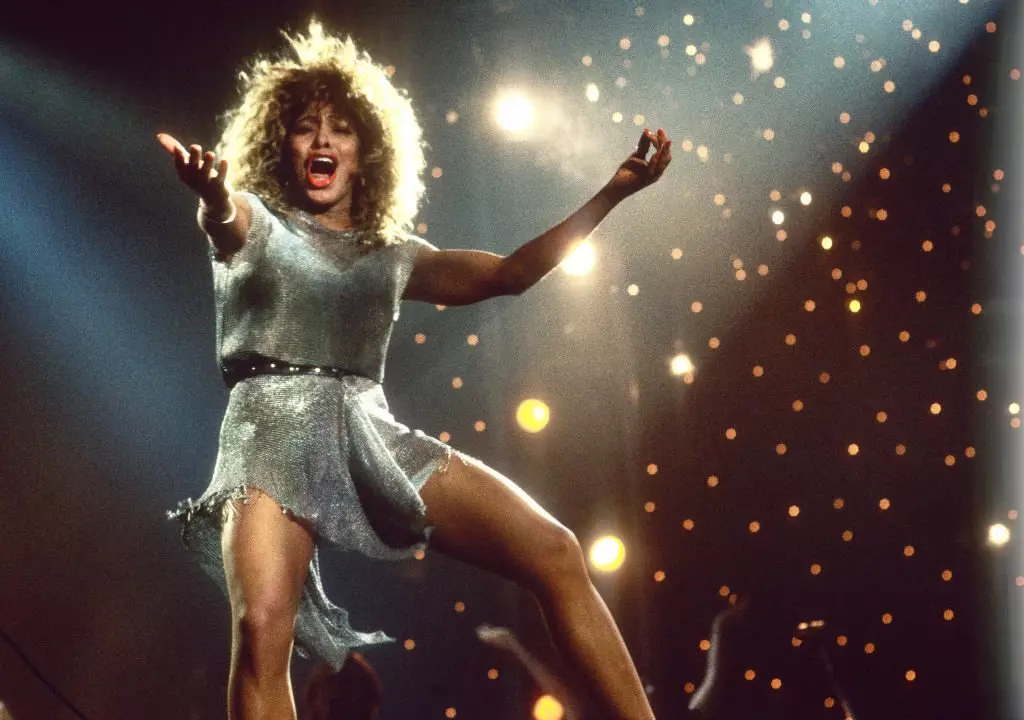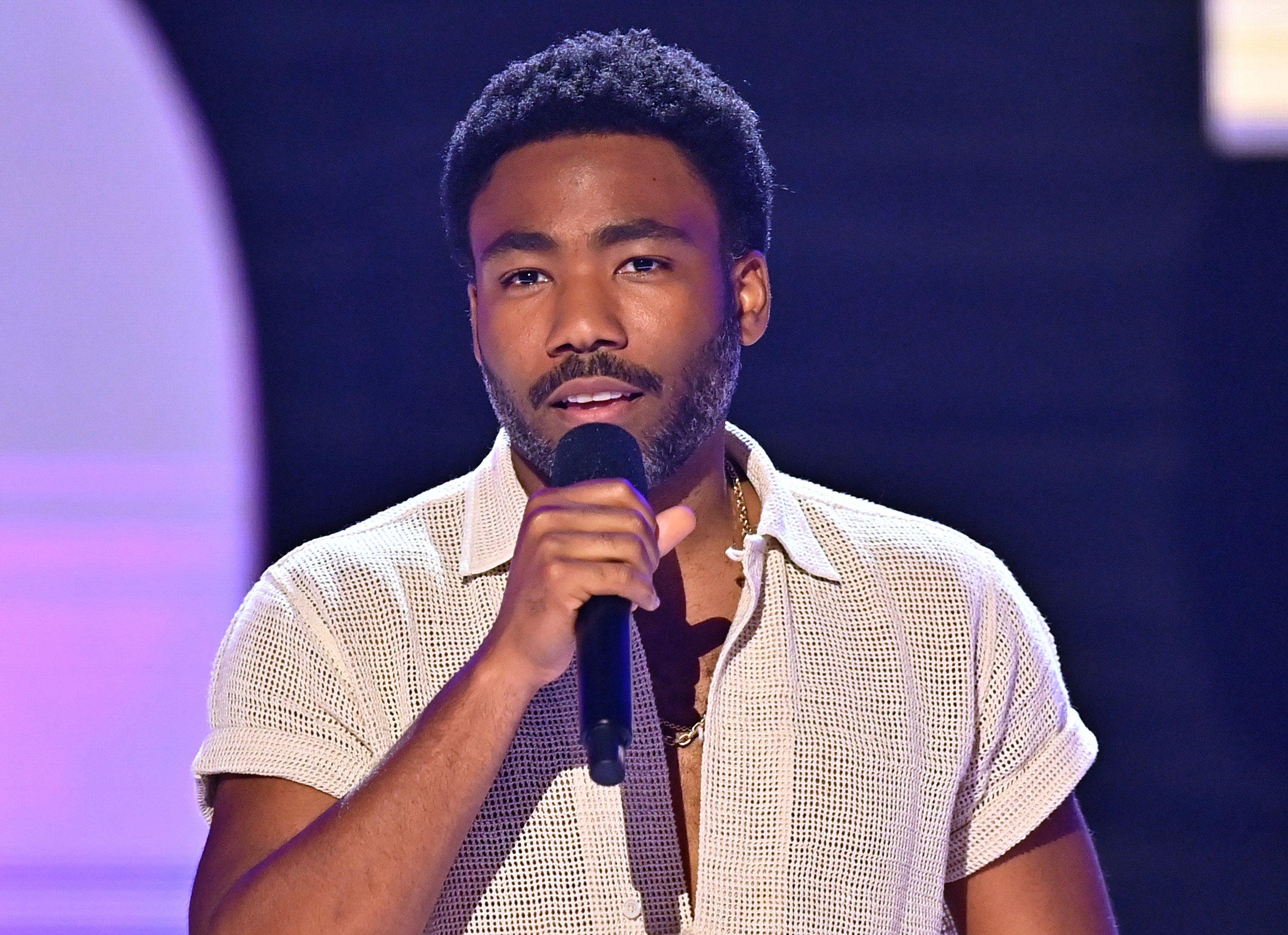Some artists are lucky enough to have a moment: a song of the summer, a radio hit, or a point at which their song dominates the pop conversation. Before even launching her own singing career, Amy Allen has done just that — multiple times.
In 2022, the Maine native contributed to hit songs from Harry Styles, Lizzo, Charli XCX, and King Princess; at the 2023 GRAMMYs, she was one of the inaugural nominees for Songwriter Of The Year, Non-Classical, and celebrated an Album Of The Year win alongside Styles thanks to her work on Harry's House. And as of press time, two songs she co-wrote with Sabrina Carpenter are in the top 10 of the Billboard Hot 100 chart: "Espresso" and "Please Please Please," the latter of which hit No. 1.
When you have a resume and catalog as impressive as Allen's, it's hard not to get stuck in a run of highlights — but Allen's writing style is so full of remarkable emotional depth and inevitable hooks that her life and career deserves further exploration. After binging on classic rock and performing in rock and bluegrass bands in her youth, Allen began writing songs for others in the mid 2010s and has only continued to expand her impact on audiences and collaborators alike.
"Amy is a once-in-a-lifetime writer and friend — it all comes to her very naturally and effortlessly," Carpenter recently told Variety. "She's super versatile: She can wear any hat and yet it still feels authentic. I've learned a lot from her and admire what an incredible collaborator she is."
Along the way, Allen has continued honing her skills as an artist in her own right, releasing a handful of EPs and singles since 2015, initially under the name Amy and the Engine. But on Sept. 6, she's ready to fully introduce herself with her debut album — fittingly titled Amy Allen.
Just after Allen celebrated her latest No. 1 and released her newest single, "even forever," GRAMMY.com rounded up the key details you need to know about the singer/songwriter's diverse musical background, from her advocacy for female creators to seeing Harry Styles sing a song she co-wrote to a massive audience.
Her Origin Story Features A Lot Of Car Talk
Allen's early musical growth relied on four-wheeled vehicles to drive the plot forward — in many different forms. Growing up in rural Maine meant long car rides to for school and family outings, which in turn meant a lot of time with the radio.
"My dad is the biggest classic rock fan, so since I was little, I spent hours every day listening to music in the car with him and my sisters," she told Variety earlier this year.
When it came time for one of her sisters to start a band, the elder Allen named it No U-Turn, setting the theme. When the band needed a new bassist, Amy took up the low end at just 8 years old, learning classic songs from the likes of Tom Petty and Rolling Stones. The band started collecting opening spots at a bar in Portland, Maine, and lasted until Allen was in high school and her sisters had left for college. In addition, she started playing in a bluegrass band called Jerks of Grass alongside her high school guitar teacher.
Eventually, Allen thought about moving on and changing course. "I went to nursing school at Boston College for two years, and within a month of getting there I was like, 'I made a big mistake,'" she continued. After moving over to the prestigious Berklee School of Music, Allen started a new project, yet again turning to vehicular terminology: Amy and the Engine, who would go on to open for the likes of Vance Joy and Kacey Musgraves. The project's timeless indie pop charm shone brightly on singles like "Last Forever" and the 2017 EP Get Me Outta Here!, fusing references ranging from the Cranberries to the Cure.
She's A Major Champion For Women In Music
Back in 2021, Allen pondered whether it was time to carve up one of America's most prominent monuments. "Can you imagine tits on Mount Rushmore/ And Ruth Bader Ginsburg from dynamite sticks?" she sang on "A Woman's World," a highlight from her 2021 solo EP AWW!. The song backs off from that explicit ask, but the low-slung waltz of ghostly piano and gentle acoustic guitar still subversively slices at traditional gender roles and power dynamics.
And while the track may focus its first verse on the Notorious RBG, Allen designed it as a more approachable anthem. "I felt very proud of that song. And it's something that I love to play live, because I think that it's nice as a woman to give that moment to other women in the audience where I see them," she told The Line of Best Fit upon the EP's release.
Her solo work sits in a long line of female pop and rock stars looking to lift others up — with Allen's list of influences including everyone from the Carpenters and Pat Benatar to No Doubt, Hole, and Siouxsie and the Banshees. But she's also aware of the shortcomings in the industry when it comes to behind-the-scenes matters, with female songwriters representing a disproportionately small percentage of the industry and often at lower revenue than their male counterparts.
"It's important to have more women writing and performing so that younger girls can be hearing that and really connecting with that and resonating with that, and then being inspired to do that themselves," she continued. "I'm really excited to hear what the next generation of singer songwriters creates, and I want to do my part in making sure that they're able to."
She Went Full Circle With Selena Gomez
Allen's emotionally salient and indelibly quirky songwriting with the Engine caught the attention of more than just adoring fans. While on a tour stop in New York, she connected with Scott Harris, a songwriter who has worked with the likes of Shawn Mendes, Camila Cabello, Niall Horan, and Meghan Trainor; when Allen eventually moved to New York, she would take on some of Harris' writing sessions when he was in Los Angeles. One of those sessions spawned the first song she'd place with another artist: Selena Gomez's "Back To You," which ended up on the soundtrack for the second season of Netflix's teen drama "13 Reasons Why" in 2018.
"I grew up listening to Selena Gomez, and I know that she's going to be a pop icon forever," Allen told People in 2020. "She's awesome. I was so psyched…It definitely propelled my career in the pop writing field further."
Two years later, she would re-team with Gomez for "My Mind & Me," a single released alongside a documentary film of the same title following the impact of the star's diagnoses with lupus and bipolar disorder on her career. The single similarly offers an openhearted, empathetic look at big mental health struggles, this time in the form of a sweeping, cathartic power ballad driven by stumbling syllables and stair-step piano.
The track was shortlisted for Best Original Song at the 2023 Academy Awards, charted in more than a dozen countries, and, perhaps most importantly, seemed to have made quite the connection with Gomez. "Honestly, it was therapeutic for me," the pop star and actress told Variety in 2022. "I felt super connected to what I was singing and what I was saying."
She Loves Seeing Her Collaborators Live
Songwriters often wind up hidden behind the scenes, unable to really gather the impact that their artistic expression is making on others. But thankfully, Allen has been able to catch a peek in on the arena-sized reactions for some of her biggest collaborators.
One of Allen's most-played co-writes is "Adore You," a highlight from Harry Styles' 2019 album, Fine Line, which has nearly 1.7 billion streams on Spotify alone as of press time. The buoyant, slippery burst of Fleetwood Mac-indebted funk pop embodies the start of an infatuation, and fans similarly felt under the song's spell. And Allen finally got to see that feeling come to life at Styles' album release show at the Kia Forum in Los Angeles in 2019.
"Watching Harry, I was really nervous because the album had only been out for a couple days and I wasn't sure if anybody would know that song," Allen told Variety in 2020. She also noted that the song was a hard turn from more heartbroken tracks she'd written for the likes of Halsey. "'Adore You' was my first feel-good song, so I'm psyched about that," she added.
Though not in person, Allen got a similar bolt of joy when she was able to watch Lizzo perform Styles' track for BBC Radio 1 in 2020. "I idolize Lizzo," Allen continued. "It really just goes to show that the right song can be performed by many different people."
Little did Allen know that she'd get to celebrate a GRAMMY nomination and win alongside Lizzo and Styles, respectively, just three years later. She co-wrote "If You Love Me" from the flute-jamming pop star's 2022 record Special, which was nominated for Album Of The Year at the 2023 GRAMMYs, where Styles' Harry's House (which featured Allen's co-write "Matilda") won the coveted honor.
She Shapeshifts Her Songwriting For Each Artist
When a songwriter has to split their tracks up between multiple different artists, it might be difficult to ensure that each track sounds appropriately fitted to each performer. For Allen, it all comes down to knowing when to follow the rules and when to break them.
"Sometimes we'll be writing and someone will say, 'It should go straight to the chorus here,' and in my brain I'm like, 'But we need a pre-chorus!' — you know, following the ABCs of songwriting," she told Variety. "But I've really been trying over the last couple of years to deconstruct some of those — that you don't need to pull out all the tricks all the time. It can actually make the song more interesting."
In fact, it might come down to what she prioritizes when sitting down to write, rather than which rules to follow. While walking the red carpet for the 2021 Ivor Novello Awards for songwriting and composition, Allen explained her perspective on songwriting formulas to PRS For Music: "When I'm writing for myself, I usually start with the verse and move my way through, and lots of other times when I'm writing with another artist I make sure the chorus is bulletproof."
The GRAMMYs Are Helping Change Her Family's Perspective On Her Career
Allen earned her first GRAMMY nomination in 2022 for her work on Justin Bieber's Justice, but her most meaningful nomination came a year later for Songwriter Of The Year, Non-Classical at the 65th Annual Awards ceremony (alongside Nija Charles, The-Dream, Laura Veltz, and Tobias Jesso, Jr.). While Allen had a hard time contextualizing the recognition, it helped her loved ones better understand the impact of her career.
"I'm just so grateful…Even my closest family and friends, they're like, 'I've listened to this artist for so long, or I listened to this song on the radio, and I had no idea there was a team that helped make this happen,'" she told VERSED: The ASCAP Podcast in 2022. "People like me growing up in small towns, we don't know that being a songwriter for a career is an option… I watched the GRAMMYs when I was growing up, and if I had known that people were making great careers, I would've gotten on the track a lot earlier."
Though the inaugural award ultimately went to Jesso, Jr., Allen seems to agree that he's deserving of the honor — he's one of her collaborators on her upcoming album.
Maine Will Always Be Home — and An Inspiration
For those who haven't been to Maine, a quick look at Allen's social media will reveal just how stunning the American Northeast can be. Among TikToks promoting her music, Allen almost inevitably drops in a clip displaying the expansive natural beauty of her home state — whether she's on a rope swing over a dazzlingly blue pool of water, or dropping a front spin while skating on the ice, or watching the massive waves from her family home.
"POV: ur back home in maine and wondering why u ever left," she plastered over one particularly stunning TikTok montage of a dazzling day swimming amongst waterfalls. The only thing as beautiful as the scenery is the music behind it is an unreleased track about missing home — proof that Maine will always be part of her, and that she clearly made the correct choice in following her songwriting dreams.
Latest News & Exclusive Videos

